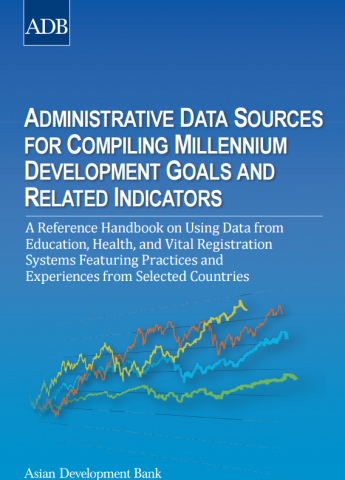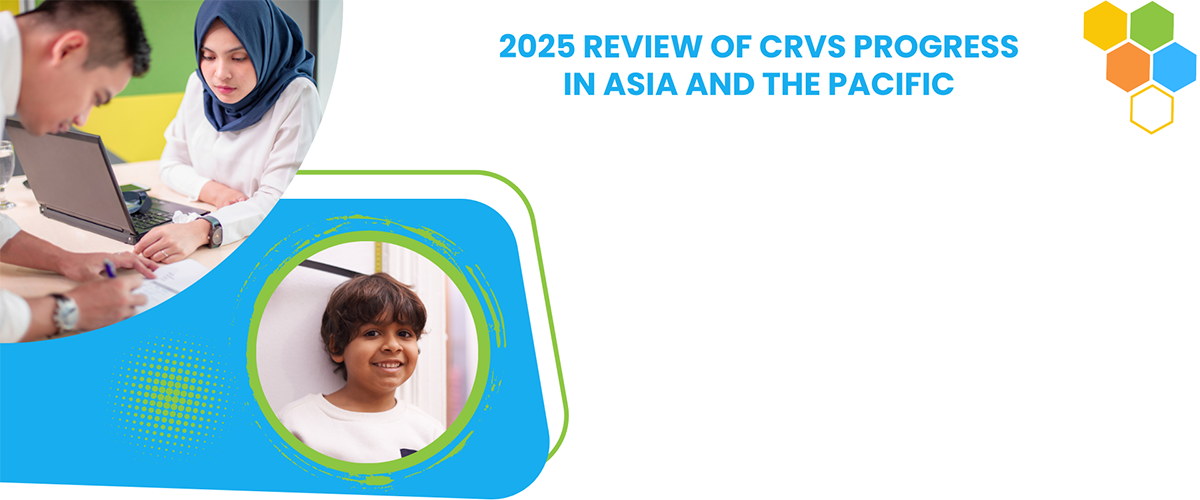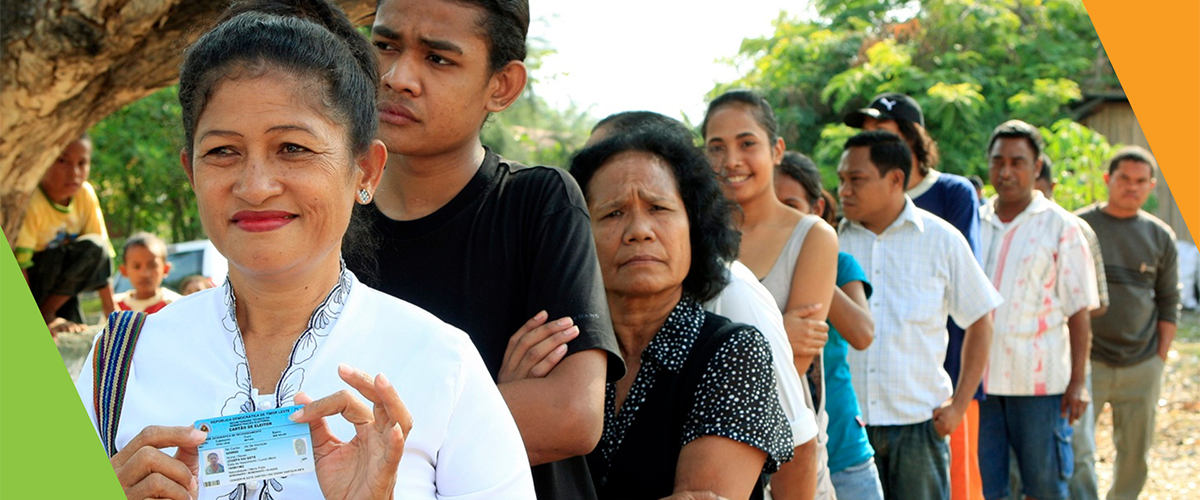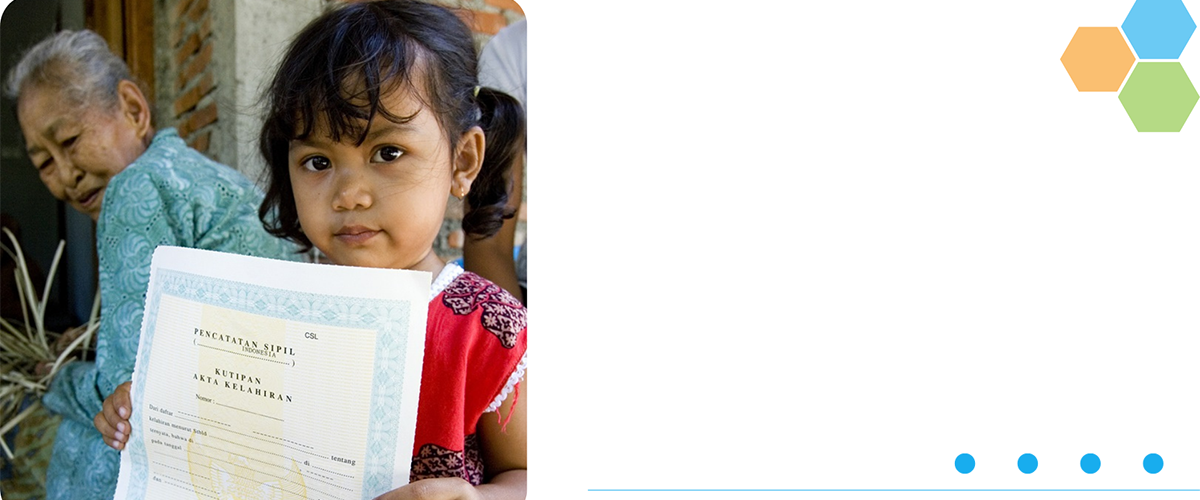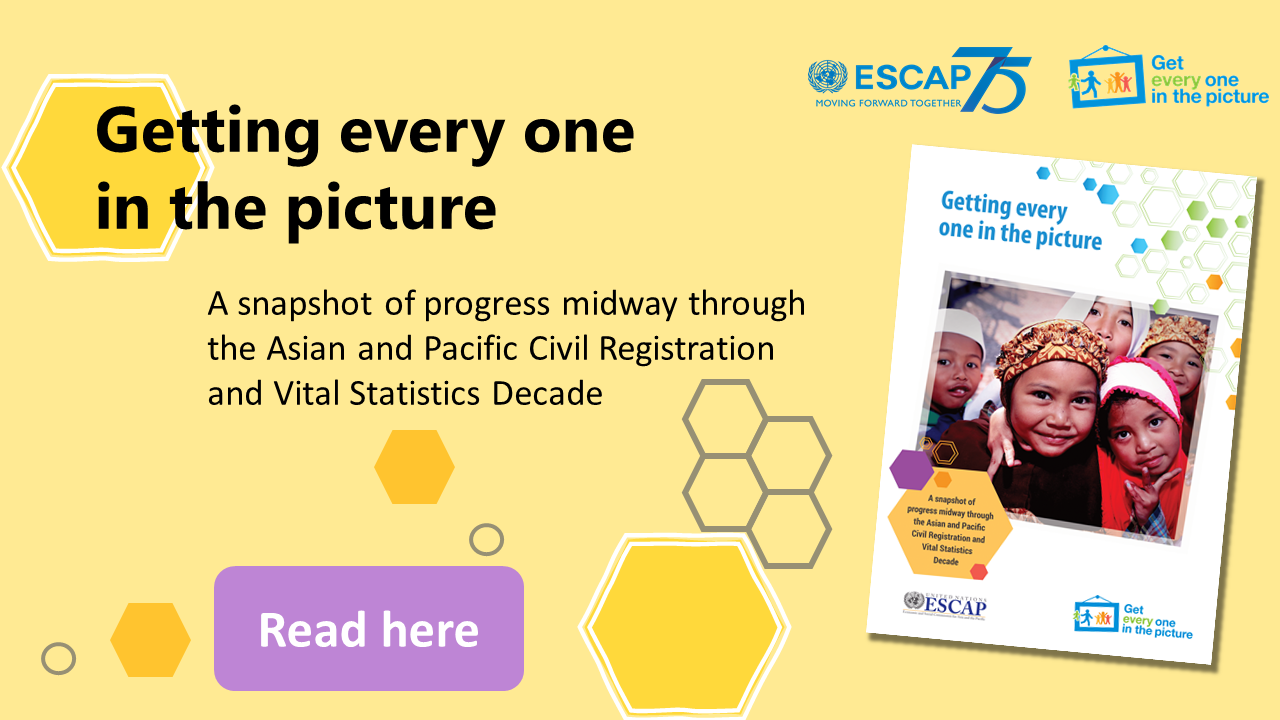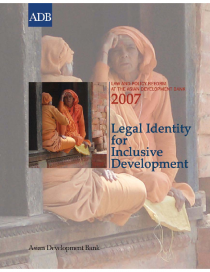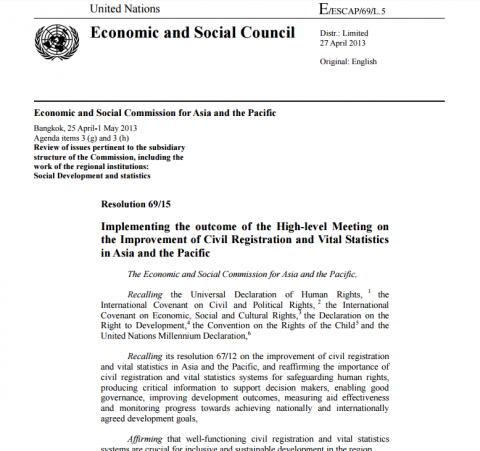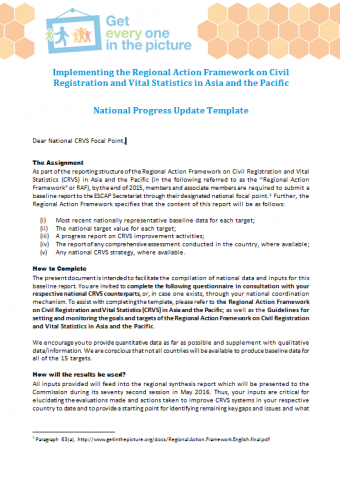Administrative Data Sources for Compiling Millennium Development Goals and Related Indicators
The handbook is one of the outputs of the Asian Development Bank regional technical assistance (TA) on Improving Administrative Data Sources for the Monitoring of the Millennium Development Goals Indicators. It serves as a reference tool for data producers on improving administrative data sources for compiling the Millennium Development Goals and other indicators.
